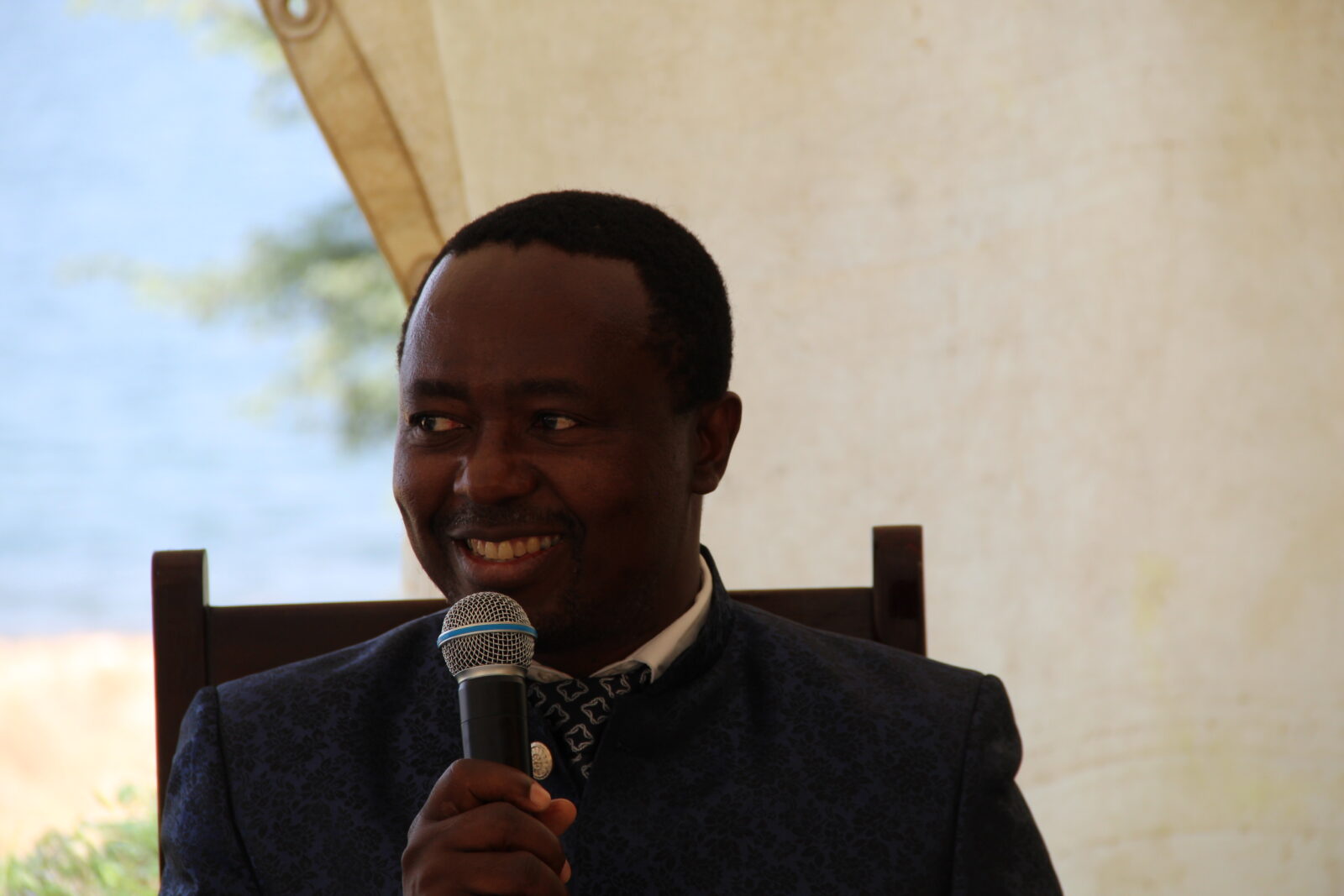Gold industry’s huge growth potential

The gold industry has a huge potential to contribute significantly to Zimbabwe’s economic revival, mine industry captains have alluded.
Rudairo Mapuranga
Speaking today at the All Stakeholders Workshop on Gold Sector value Chain Chamber of Mines of Zimbabwe Chief Executive Officer Isaac Kwesu said the industry has a huge potential to contribute to the government’s vision to see the mining industry achieving a US$12 billion annual revenue by the end of 2023.
He said this is possible because the gold industry which has more than 4 000 recorded gold deposits is ranked above traditional big producers in terms of gold production per square km. These are China and the US. Kwesu said it was of importance for the country to attract investment in exploration for the vision to be achieved.
“The Gold industry has huge growth potential to contribute to Government milestone due to an attractive gold prospectivity. The country boasts of more than 4,000 recorded gold deposits. In terms of gold production per square km, the country is ranked above traditional big producers including the USA, Canada, Australia and Brazil. The country has, however, remained largely underexplored, impacting negatively on grades due to limited new discoveries. The last major gold discovery was Freda Rebecca in 1984 and started production in 1988.
“Gold production increased phenomenally from a historical low of 3.6 tons in 2008, to reach a peak of 35 tons in 2018. The sector has emerged from covid-induced contractions in 2019 and 2020 to reach 31.5 tons in 2021. The prospects for the year are on the upside, with deliveries to FPR for the seven months to July 2022 at around 19 tons, 46% up compared to 13 tons in the same period in 2021. Output for the full year 2022 is expected to hit 40 tons, buoyed by favourable prices, ongoing expansion projects and Government incentives. Despite the increase in output, Zimbabwe’s share of gold production in Africa remains low at around 4% (despite doubling from around 1.9% in 2010, 2.5% (2014) and 3.8% (2016),” Kwesu said.
Kwesu said the gold industry was important in the socio-economic development of the country saying that for every dollar generated in the gold industry an additional 3 more dollars are generated through linkages.
“The gold industry remains important in the socio-economic development of the country through its contribution to export earnings, government revenue and employment, among other contributions. In 2021, it accounted for 35% of mineral exports (27% of national exports), and employed an excess of 10,000 people in the formal gold industry with another 500,000 estimated to be involved in small-scale and artisanal mining. Approximately 18% of gold revenues are paid to Government through taxes and other fiscal charges. The gold industry is also intricately linked to the rest of the economy with an estimated multiplier of around 3 (for every dollar generated in the gold industry, an additional 3 more dollars are generated in other sectors through linkages),” said Kwesu.
He said, “The presence of extensive gold deposits coupled with idle capacity (currently operating at around 80%) presents an opportunity for the gold sector to grow and maximise its contribution to the socio-economic development of the country. The gold industry has the potential to grow and surpass annual production of 60 tons in the next 5 years, with revenues exceeding US$3.5 billion at current prices. The firm gold price has seen resuscitation of closed mines including dump retreatment. Most gold projects including marginal mines have emerged to become profitable. To unlock this potential, there is a need to address structural bottlenecks that continue to weigh down the performance and growth of the gold industry,” Kwesu concluded.
Parliamentary Portfolio Committee on Mines and Mining Development Chairperson Hon Edmond Mkaratigwa also said that the mining industry has the potential to transform the economy through the gold industry, however, the smuggling of gold and weak legislation was preventing communities from fully benefiting.
“Honourable Legislators, distinguished participants, Zimbabwe has the potential to transform its economy through these natural resources, which include gold. Mining communities and ordinary citizens would like to see this transformation. Sadly, leakages and weak legal frameworks are making it difficult for citizens to fully benefit from these minerals,” Hon Mkaratigwa said.
The Parliamentary Portfolio Committee on Mines and Mining Development’s all-stakeholder workshop on gold production value is currently underway in Kariba.
The workshop has so far seen input and participation from major Mining institutions including the Portfolio Committee on Mines and Mining Development, Ministry of Mines, The Chamber of Mines of Zimbabwe (CoMZ) and the Zimbabwe Miners Federation (ZMF). More speakers including the RBZ, and Fidelity Gold Refiners (FGR) are expected to make their presentations today.


